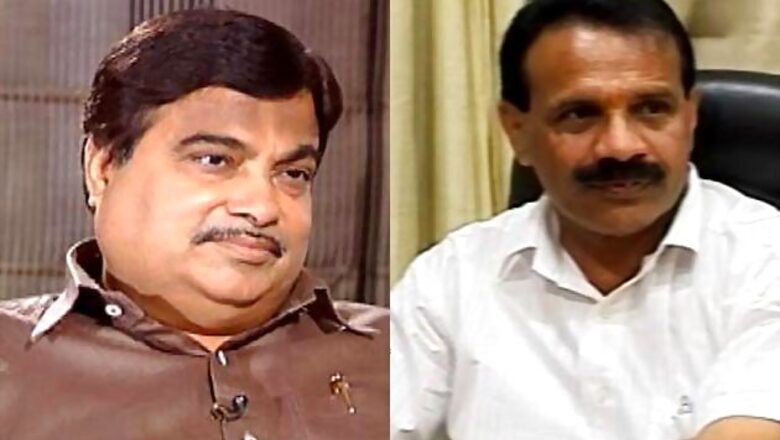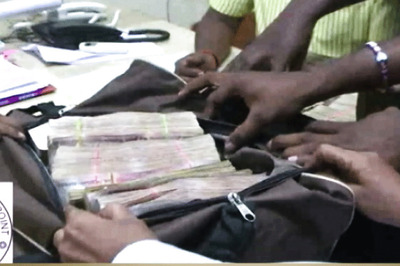
views
Bangalore: The more the Bharatiya Janata Party (BJP) asserts that the Rashtriya Swayamsevak Sangh (RSS) does not involve itself in its internal affairs, the greater the chances that it does - and publicly. In Karnataka, the only state the BJP is ruling in southern India, it is the RSS that is calling the shots, and not the party "high command", in disciplining the warring groups in the state unit.
With various factions turning the BJP's "gateway to south India" into a battle ground to control the state unit as well as the government, the RSS clearly did not want to take chances of leaving to party high command to restore order. It intervened, amid a glare of publicity, to impose truce and send out a message to its cadres and sympathisers, on whom the BJP hugely depends to mobilise votes, that it is the final arbiter.
The RSS action followed weeks of public spat between pro and anti-B.S. Yeddyurappa factions on the role the former chief minister should play in the state unit and government. Forced to quit as chief minister in July last year over corruption charges, Yeddyurappa and his supporters have been lobbying to re-instate him or make him state unit chief or declare him the supreme leader of the state unit.
As the fighting showed no signs of abating despite BJP central leaders reportedly making clear that Yeddyurappa's case will be considered only after he is cleared of corruption charges, the RSS moved in.
State RSS functionaries on Friday summoned Yeddyurappa, his successor D.V. Sadananda Gowda, state BJP chief K.S. Eshwarappa and a few ministers and are said to have made it clear that none of them is indispensable to the party. Work for the party's goals - and not personal ambitions - or face action was the stern message from them, say RSS sources.
From the RSS viewpoint, this was necessary as the BJP has just about 15 months to undo the damage to its image from corruption scandals and prove that it can give a good government as the state faces assembly elections in April-May next year.
The BJP has been a divided house even before it managed to capture power in the state for the first time in May 2008. It fought the 2008 assembly elections amidst a wrangle within the state unit that Yeddyurappa was using the polls to emerge larger than the party. And it stares at the next polls with the Yeddyurappa factor looming large - corruption cases against him and his efforts to be considered the party's supreme leader in the state.
With the BJP central leadership either unclear or divided over how to resolve the Karnataka maze, it had become a field day for Yeddyurappa loyalists to repeatedly claim that he will soon be re-instated as chief minister or officially declared the supreme leader of the state unit.
Excise Minister M. P. Renukacharya, a rebel-turned-Yeddyurappa loyalist, had gone to the extent of saying that Sadananda Gowda had promised the former chief minister that he will quit whenever Yeddyurappa asked him to do so.
Another minister, Murugesh Nirani, had said he had suggested to BJP central leaders to make state unit chief Eshwarappa deputy chief minister and Yeddyurappa the state unit president.
The cacophony was clearly too loud for the RSS and giving up its preference to be a behind-the-scene-actor, the state functionaries let the media know that they are entering the picture to orchestrate a unity tune in the divided unit.
The patch-work may hold till the assembly election is called when the factional battle is certain to resume over party tickets for loyalists.



















Comments
0 comment